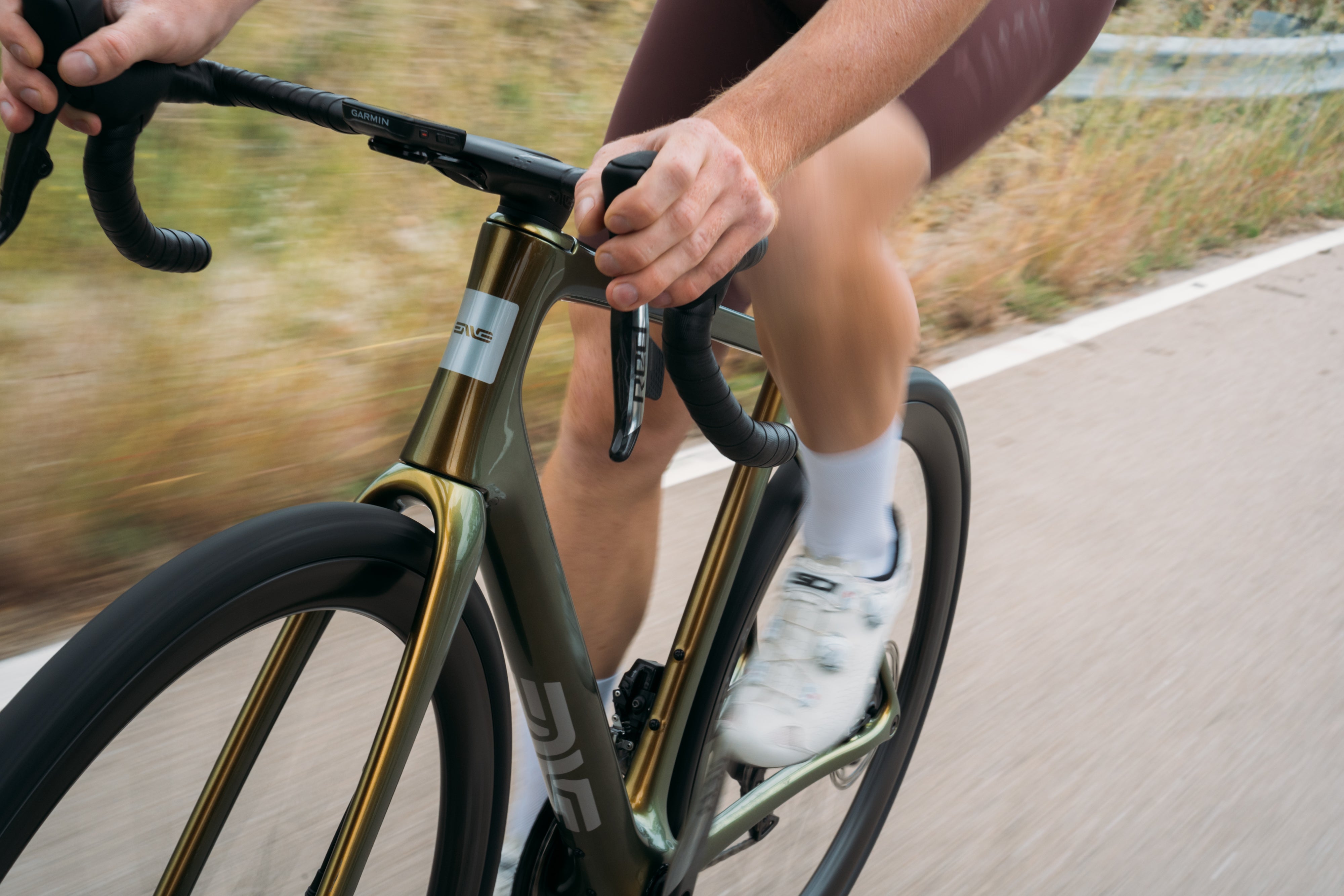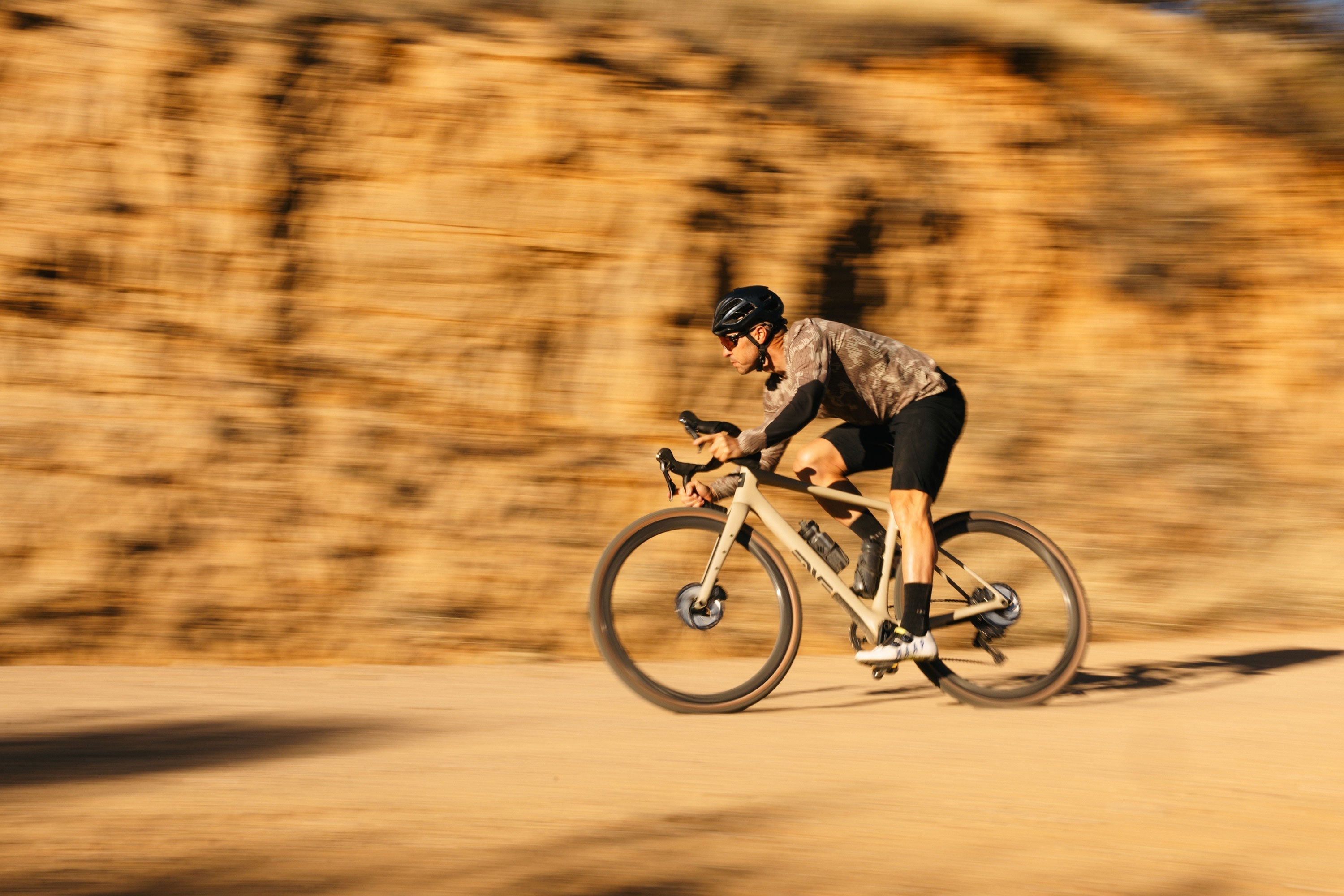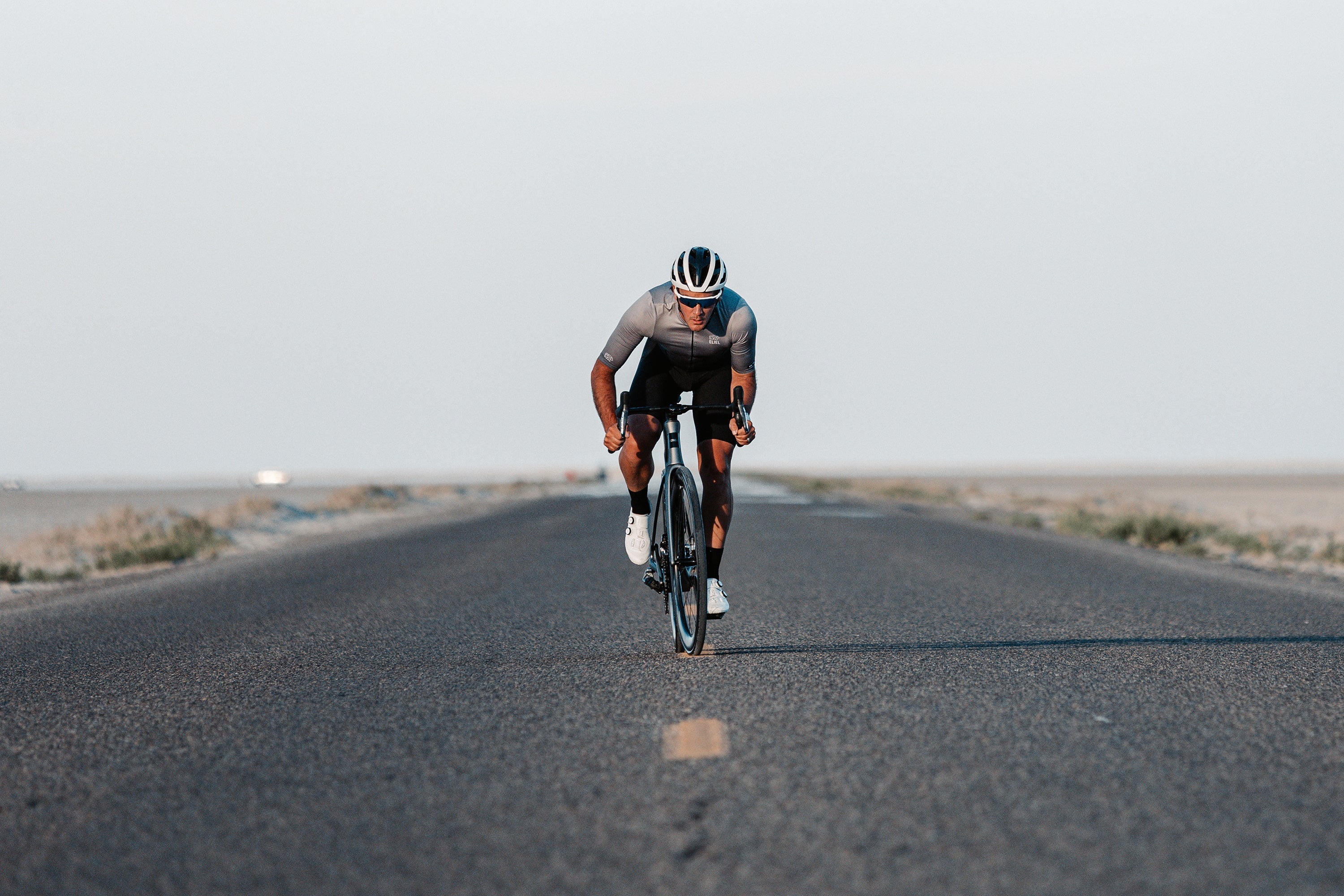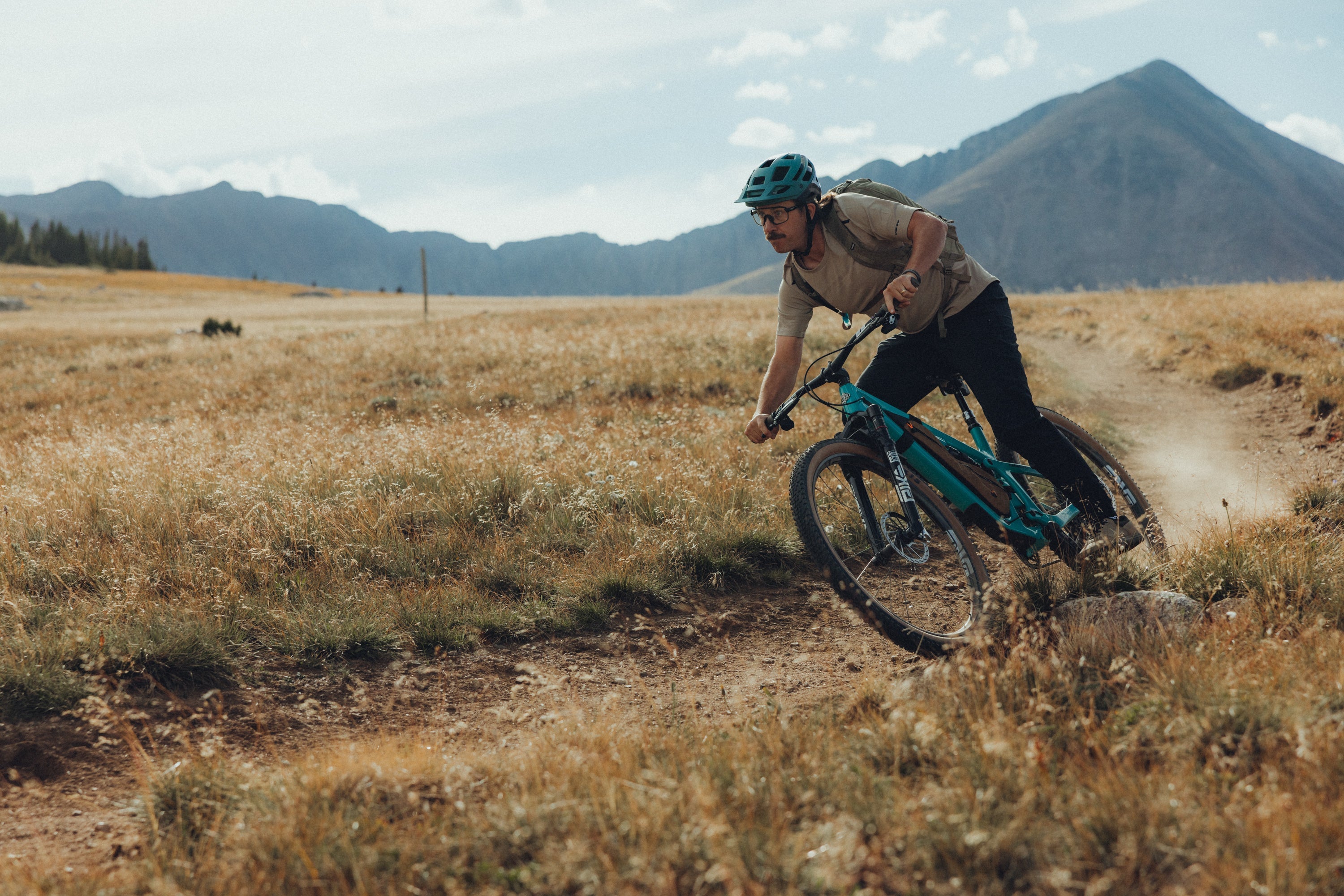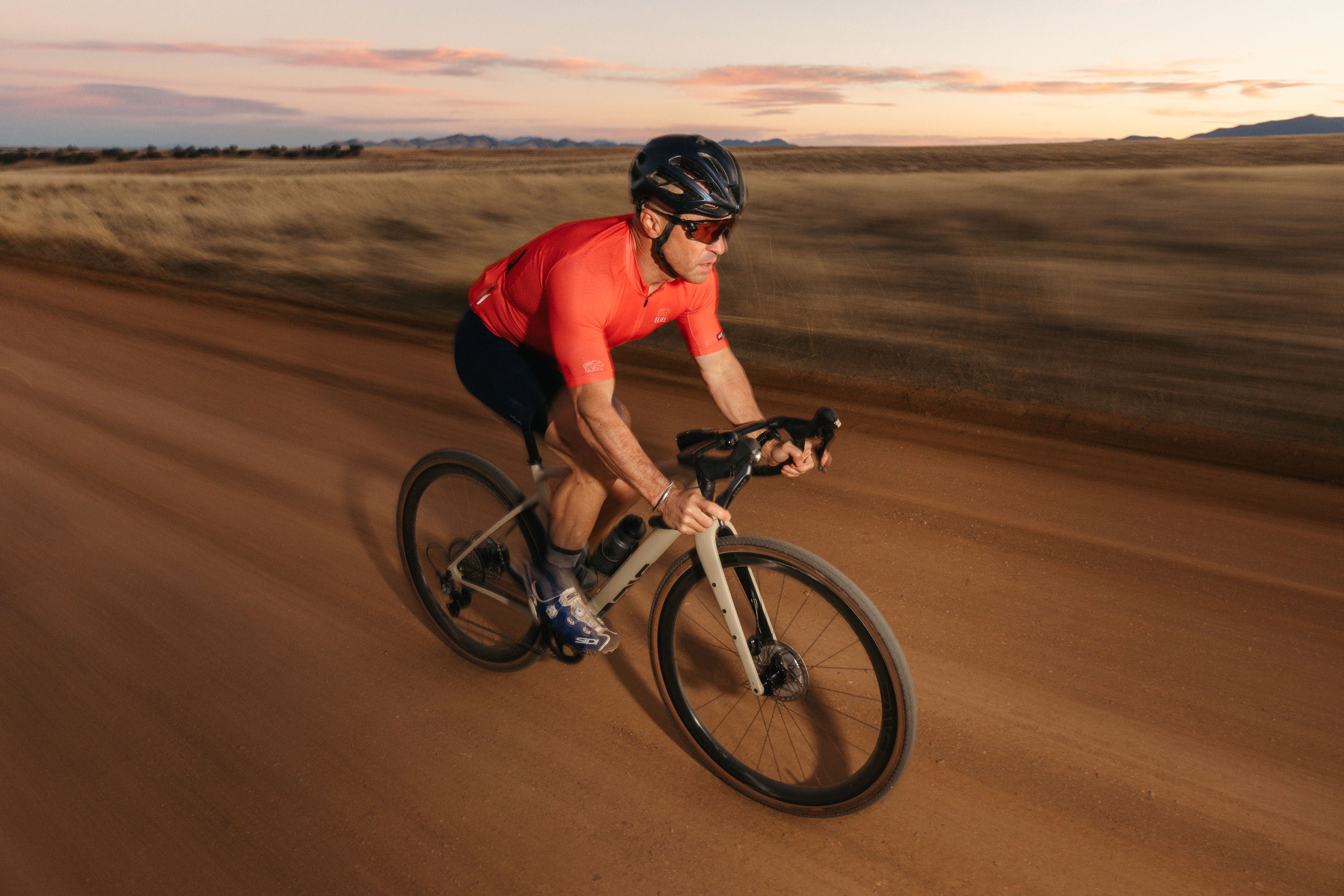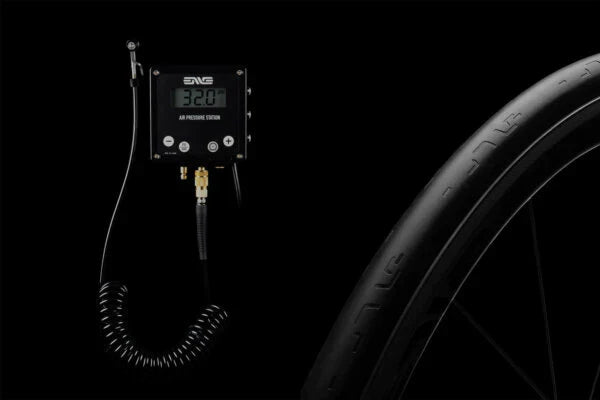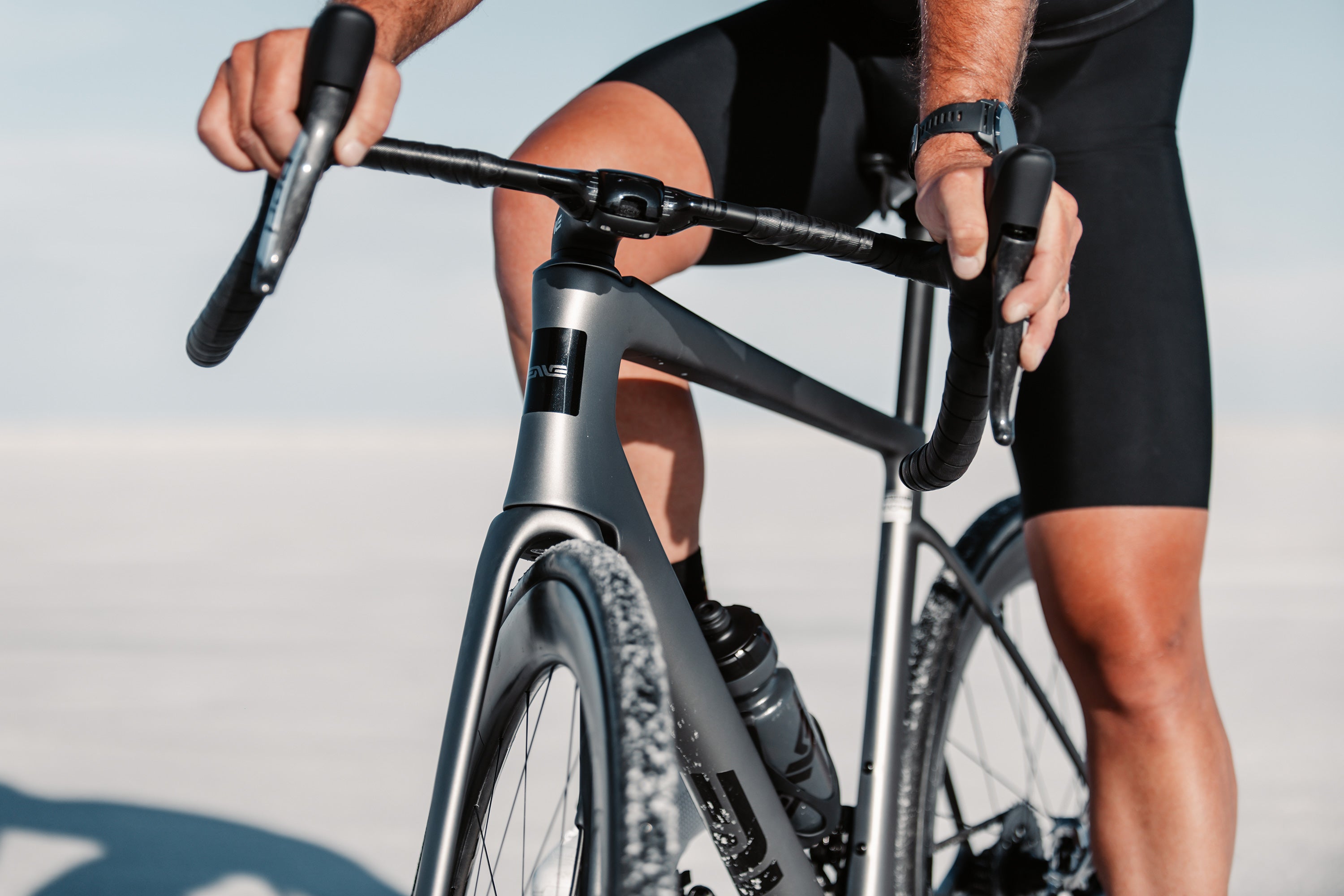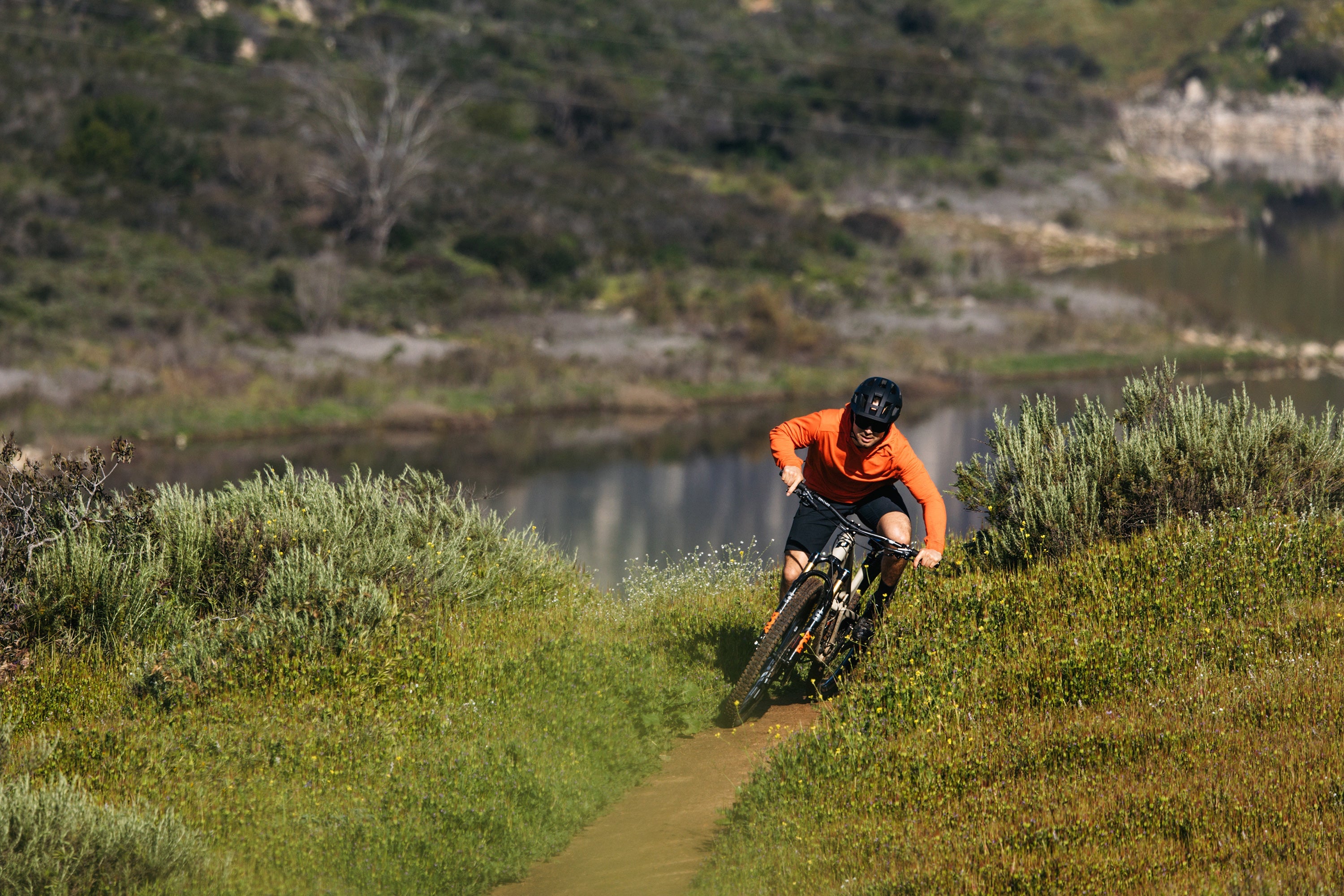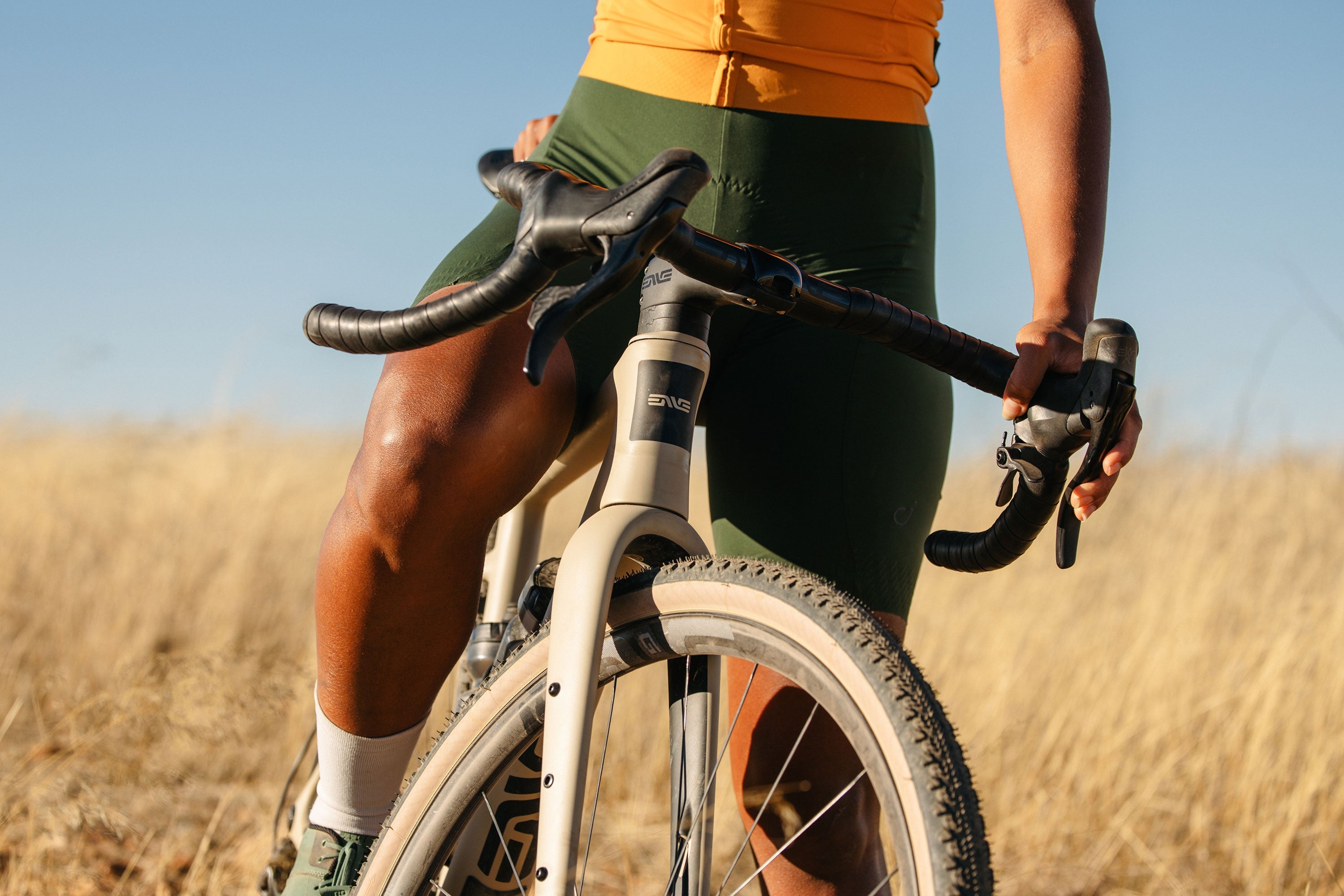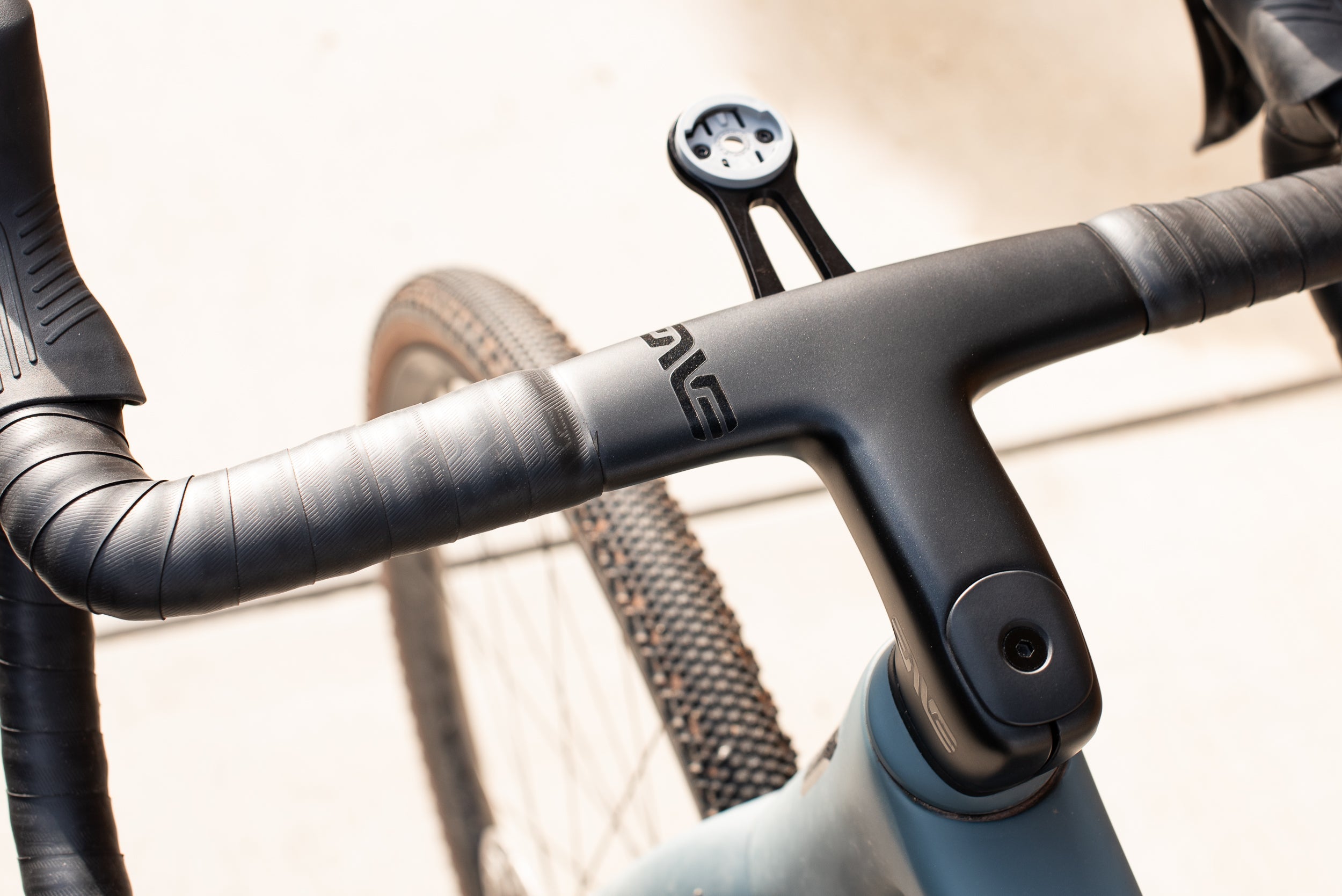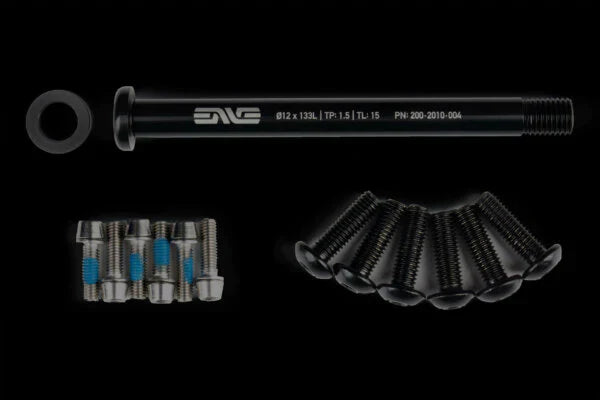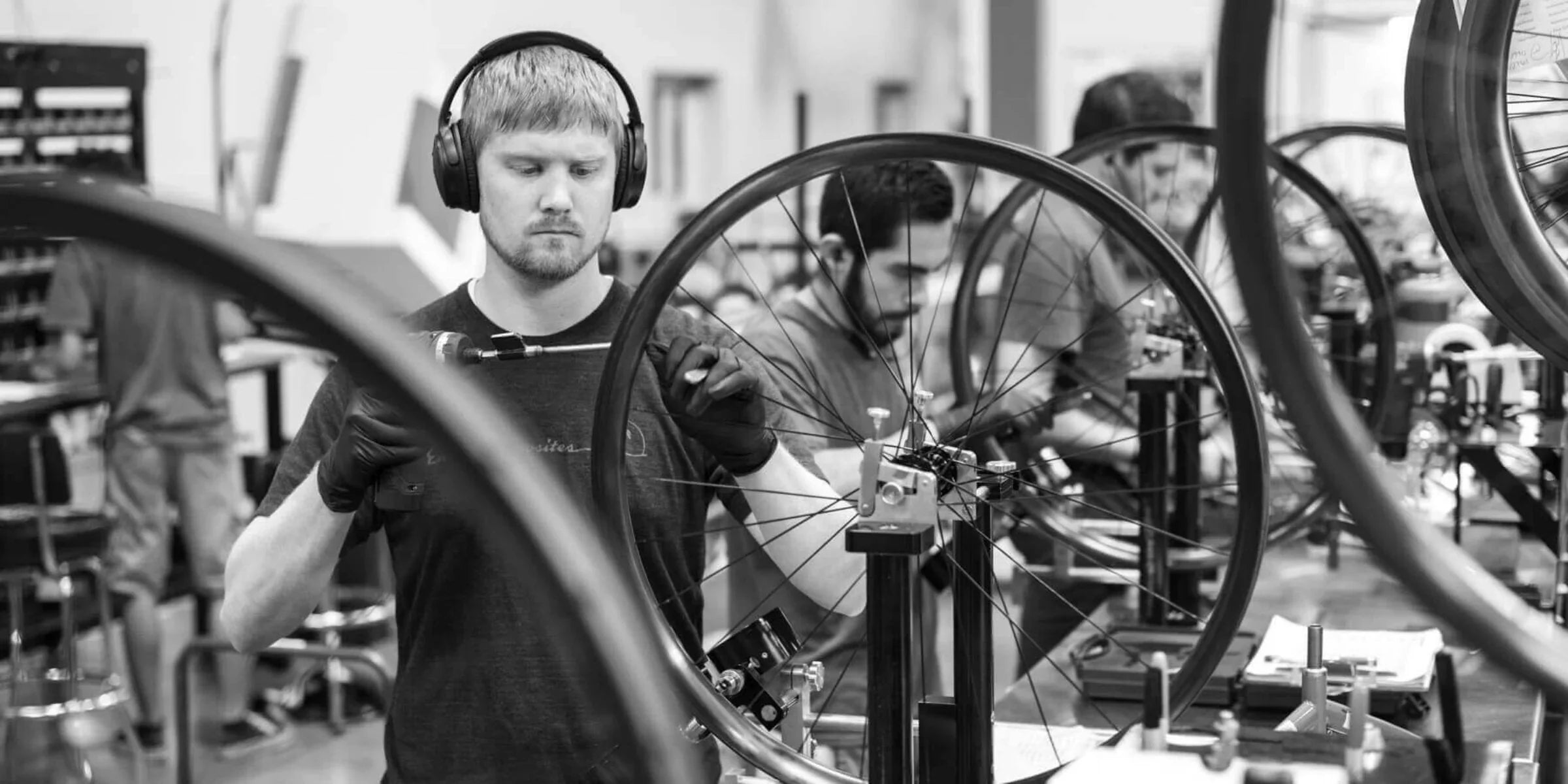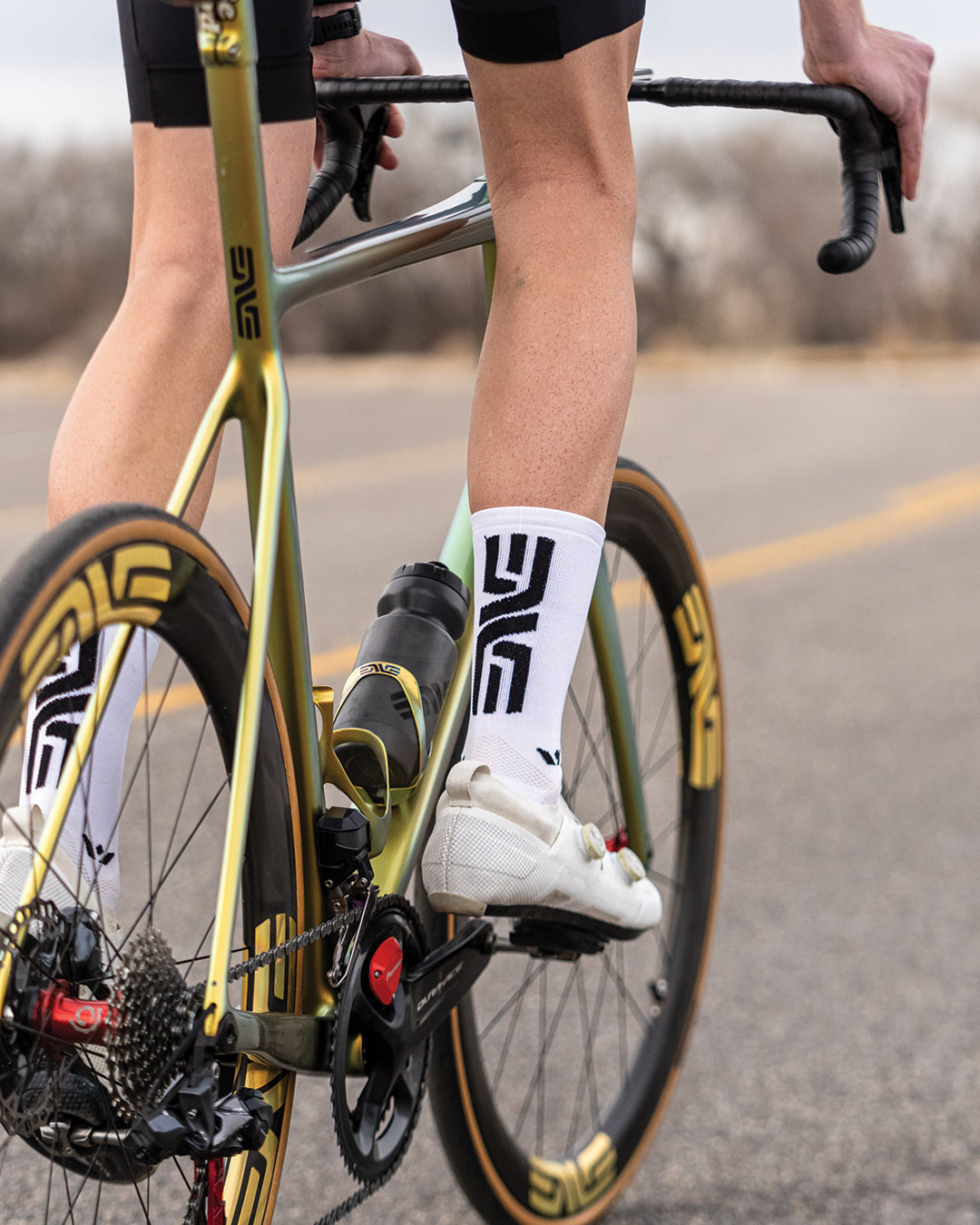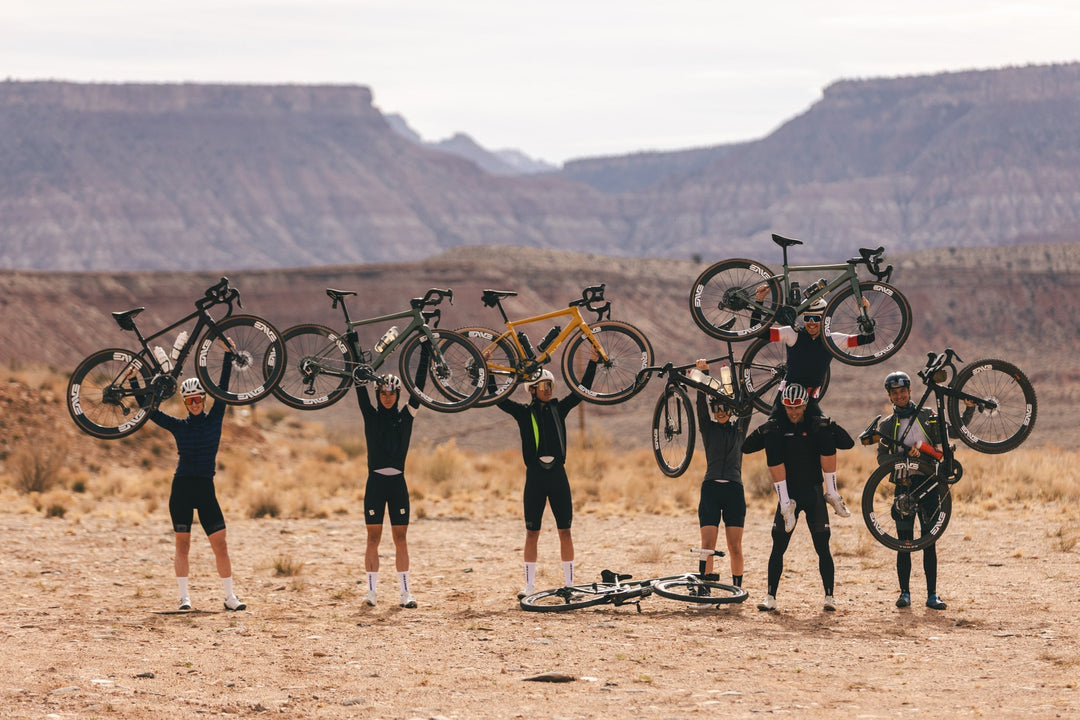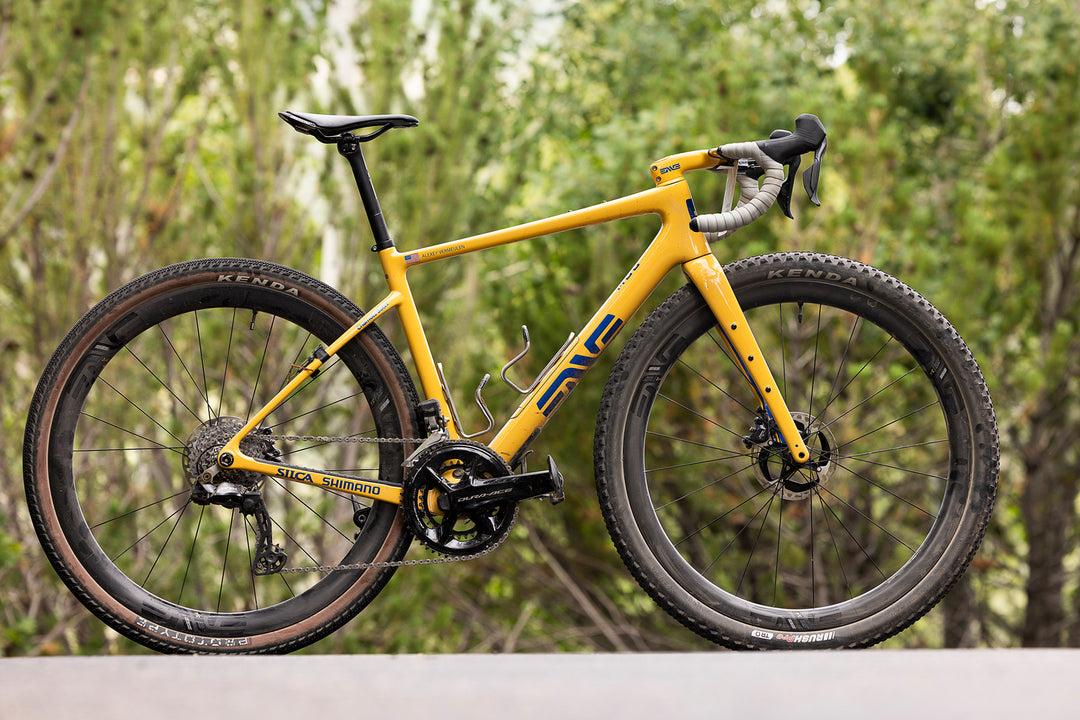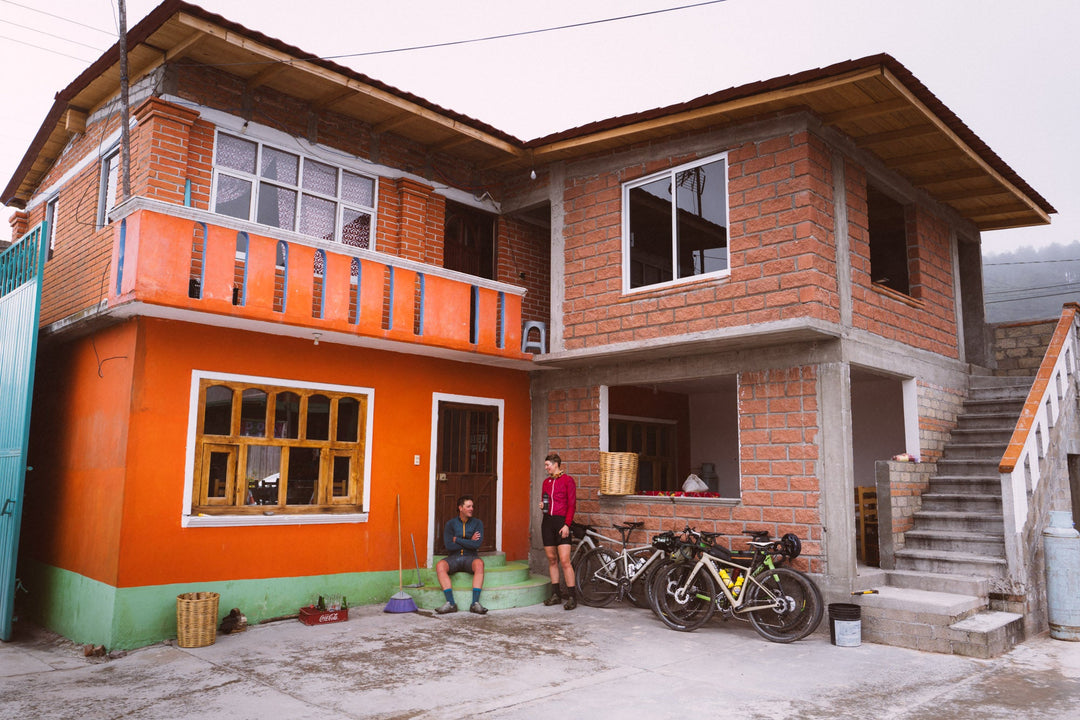The Drive For Gold: Oz Sanchez’s
Path To Paralympic Success
“I like to ride my bike and I like to ride it fast”, says Oz Sanchez. Those are words that most of us can relate to. For Oz, there’s more to it than just the physical and mental health that pushing himself on the bike provides, it’s the vessel that’s provided him the motivation to come back from a devastating accident and prove that he wouldn’t be limited by injury. Now, nearly 20 years since the accident, Oz has claimed gold medals in multiple Paralympics, is a world champion and has a new passion for finding ways of getting the most out of himself and his equipment, through optimizing every aspect of the mind, body, and bike.
Cycling has always played a part in Oz’s life, but it wasn’t until a spinal cord injury that the bike became an integral part of his life. In 2001, a motorcycle accident changed every aspect of his life and took him from Marine Corps special operations to struggling to find his identity for the next 10 years, until re-discovering his passion for the bike, competition and, eventually, life!
“Following the accident, for the next 10 years, I struggled to find hope in living with a clear identity or meaningful purpose in life. Fulfillment and true happiness were abstract ideas. All of my vision and success had been derived from my role in the military. When I lost that through the accident, I broke physically, but more importantly, psychologically as well. I used alcohol and drugs to numb this reality for a very long time. Until I woke up.”



In 2003, a local non-profit purchased him a handcycle, which, initially, provided much in terms of freedom and therapy. It also didn’t take long before his competitive nature kicked in. “The first time around the block was utterly exhausting for me. But the feeling was so incredible!”, Oz said. “I never set out any goals to win anything, it was strictly for my sanity. But then I started exploring how fast people on handcycles can go. Before long I registered for a race in Alpine, California, that happened to be the selection event for the Paralympic cycling team going to the 2004 Athens games. That was an eyeopener! The group was out of sight within a few miles, but it showed me what was possible for an adaptive athlete… and I wanted it!”
That experience ignited the competitive fire and Oz set a goal to make the Paralympic National Team, and after earning an invitation to a talent ID camp in 2005, he was invited to a National team camp and has been a permanent team member since. “It gave me the environment where you have to grind and push each other while having a team objective. A world champion on our team became my role model and he helped me continue improving heading into the 2008 Beijing Paralympics. I was a huge underdog for the time trial but I ended up beating my teammate to win the gold, despite him being the strong favorite to win. That was a game changer and the win opened a lot of doors for me.”
Oz went on to dominate for the next few years, winning three consecutive world titles before going on a winning drought. Oz said, “You learn more from your losses than your wins. I have to be really methodical and crafty with my time in the saddle. You find a lot of guys at 80% capacity all year. But I’ve learned that if you periodize training and rest and ramp back up, you can hit 100% potential. It’s the same with the bike-tech. There are real gains to be made in our equipment. A nuance regarding our handbikes is that we roll on three wheels. Thus, whatever efficiency gains that can be made through wheel technology, is magnified and more significant, in both directions–for better or worse. I’ve been on a lot of wheels and got really obsessed about tubeless technology and rolling resistance. I came across ENVE and Simon Smart’s philosophy, so I started doing some research looking at rim widths, contact patch and tire/wheel marrying shapes and topology. I was willing to spend money on something to go win.”
Armed with SES 7.8 rims and tubeless tires, Oz found his winning ways once again at the 2018 world championships where he edged out Italy’s Alex Zanardi to take gold in the team relay by a mere wheel length. With an eye on the 2020 Tokyo games, Oz says, “There’s no reason why I can’t win three gold medals–the marginal gains in equipment is already achieved.”
When Oz isn’t traveling the world in search of gold medals, he keeps himself rather busy in San Diego, California, finishing up grad school, developing himself to eventually help the masses attain an optimal state in life, in addition to keynote speaking.





